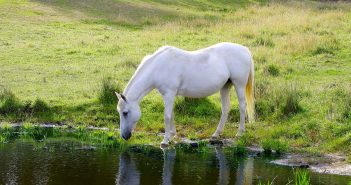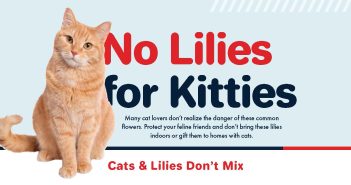Officials at Maryland’s Pimlico Racecourse have announced that a second horse that was euthanized is suspected to have had Equine Herpesvirus – Type 1, also known as Rhino. As a result of this, the Maryland Department of Agriculture has placed a ?hold? order on the barn in which the horse had been stabled.
The Equine Herpesvirus – 1 causes severe upper repertory infections, neurological disease, and is highly contagious. According to a statement given by the Maryland Jockey Club, the horse was euthanatized Friday morning, after showing neurological signs of the disease, suddenly becoming so ill that he was unable to rise, even with assistance.
This latest suspected case comes just 11 days after gelding racer, News Reporter, had to be put to sleep. Test results released on Tuesday (January 10th), confirmed that News Reporter did, indeed, have the Herpes virus – Type 1. This latest victim has been submitted for postmortem examination, to see if this is another confirmed case of EHV-1.
With two hold orders in effect, more than 80 horses are being watched for symptoms. Five of six horses that had been isolated after testing positive on a polymerase chain reaction test (PCR), that looks for evidence of the virus in the horse?s blood. While 2 of the six have had fevers, there have been no new outbreaks of the neurological form of the disease, as of yet.
The remaining 450 horses based at Pimlico, are able to continue to work as normal, though no outside horses will be allowed to ship into the Preakness Way portion of Pimlico, to work.
Currently, there is no known way of preventing the neurologic form of EHV-1 infections. As with most diseases, an ounce of prevention is worth a pound of cure and, while no vaccine is 100% effective against this disease, it is highly recommended that you maintain appropriate vaccination procedures on your horse. EHV-1 can be transmitted via coughing or sneezing, or by direct contact with infected horses, feed, equipment, tack, or even a well-meaning pat from a loving owner?s hand. Sadly, once a horse is infected, the herpes virus doesn?t go away. Instead, the victims live in constant risk for reinfection and transmitting the disease to others, as a carrier.



